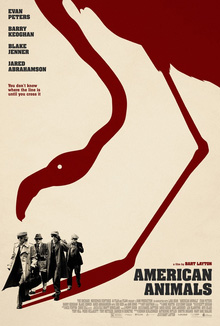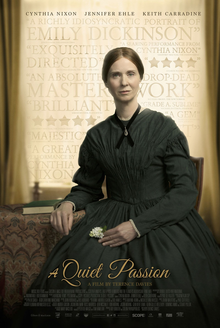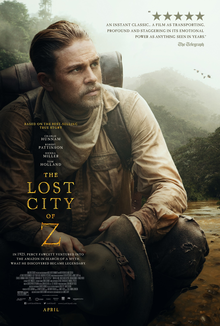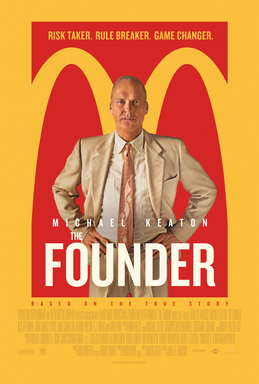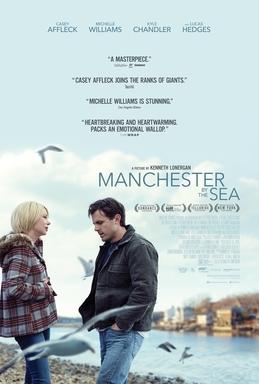The recent online spat between Steve Schmidt and Sarah Palin prompted me to watch the 2012 film Game Changer, which is about John McCain’s 2008 presidential campaign. It is the best film I’ve seen about American politics. The film shows how even a political insider like Schmidt can take a superficial approach to politics.
John McCain (Ed Harris) asks Steve Schmidt (Woody Harrelson) to act as an advisor to his campaign. When the Democrats nominate Barack Obama, Schmidt decides that McCain needs a “game change” in his campaign. Schmidt suggests that McCain get a woman running mate. An aide to McCain comes across a video of Sarah Palin (Julianne Moore) giving a fiery speech. Schmidt and another aide interview Palin. On the basis of her glib answers, they advise McCain to make her his running mate. It isn’t until after Palin is nominated that they begin to realize that Palin is an empty vessel, largely ignorant of world affairs and even of American history. As Schmidt himself admits, if they had merely asked her policy questions, they would have learned this right away.
This film also shows that McCain’s campaign was a foreshadowing of the rise of Trump. When the campaign takes a foray into “populism”, the results are ugly.
My one criticism of the film is that its portrayal of McCain is too kind. McCain comes across as almost an idealist. The real McCain was anything but that.


